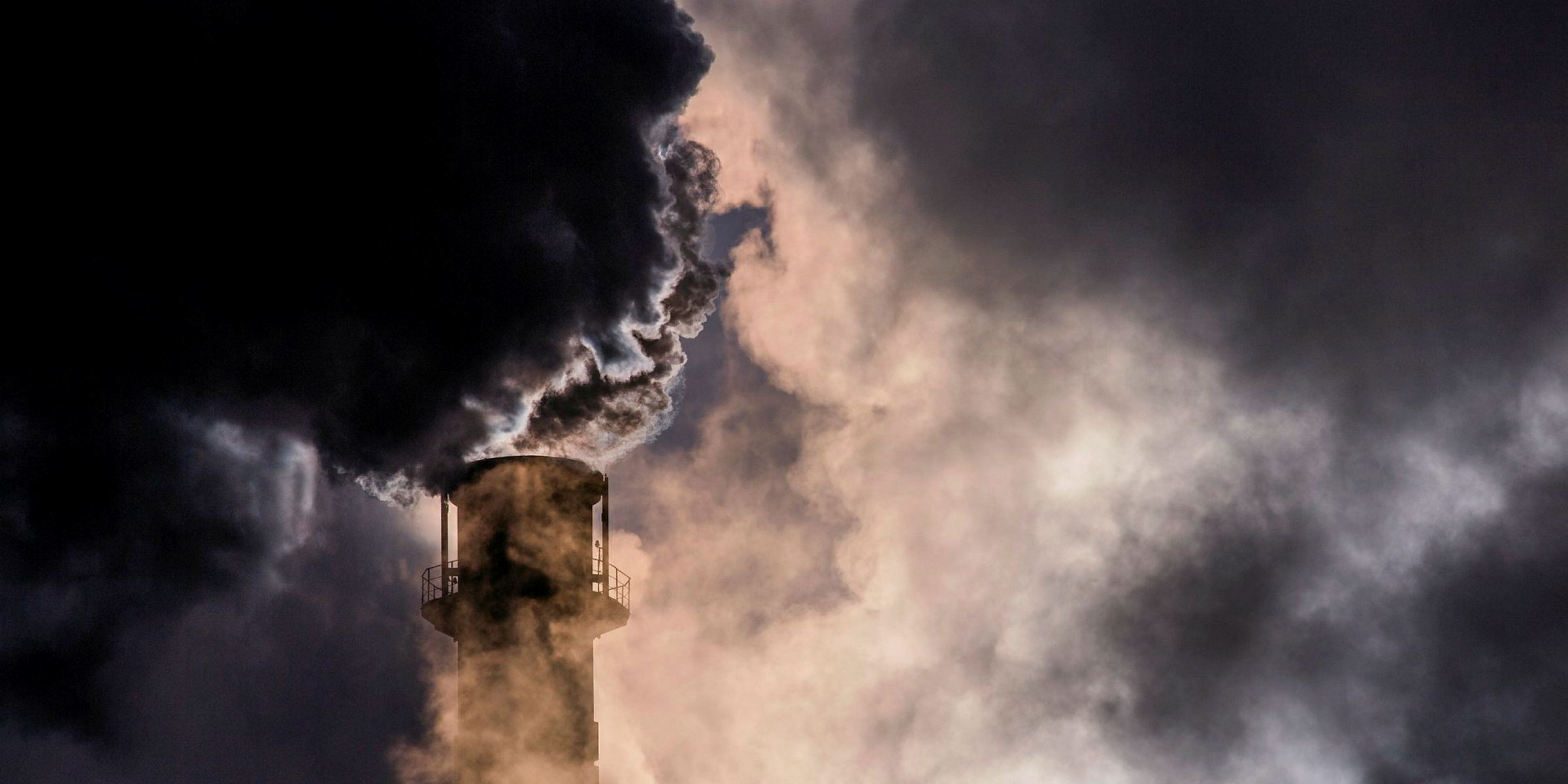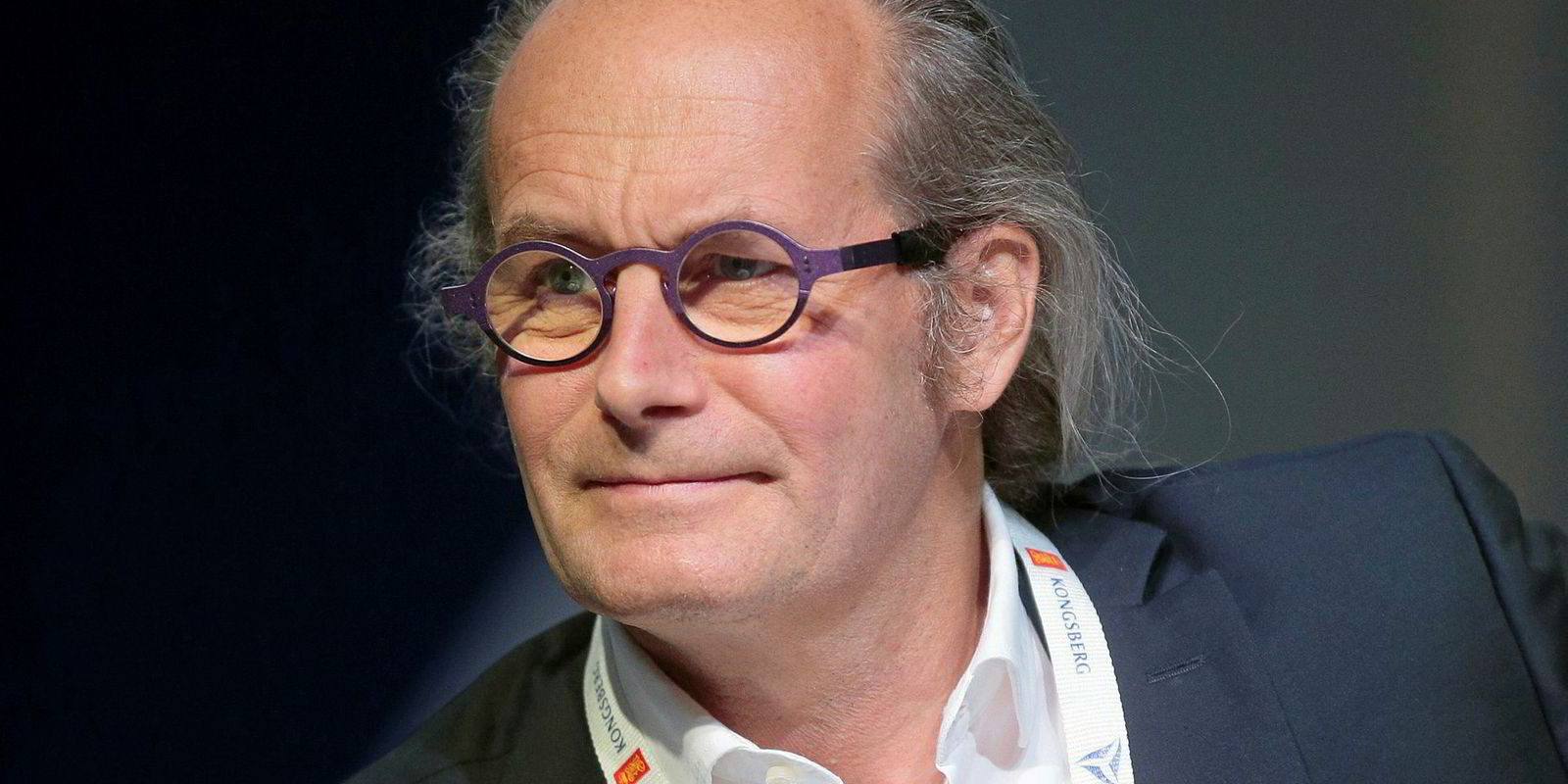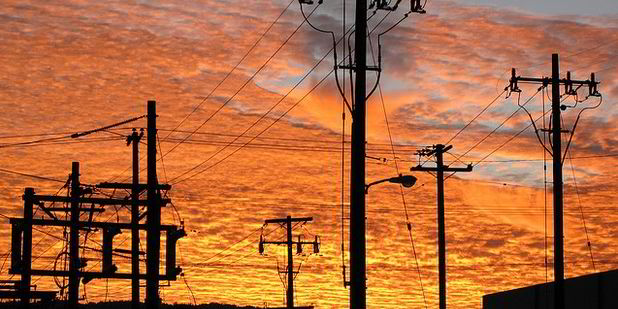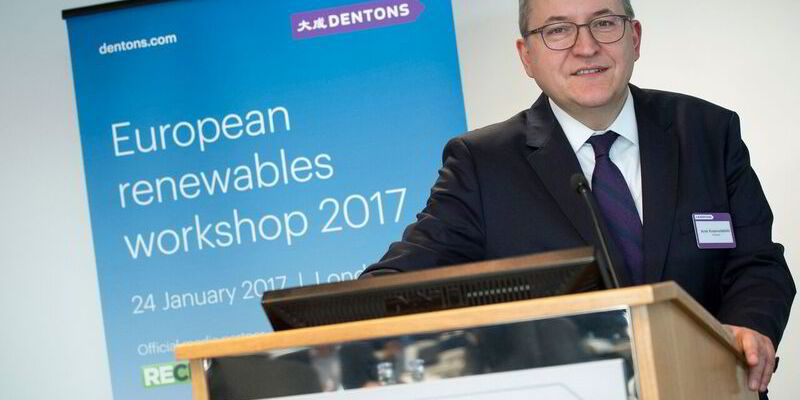A cornerstone of EU climate policy, the Emissions Trading Scheme (ETS), will never achieve its purpose of reducing fossil-fuel demand — and the European Commission (EC) knows this but is too committed to do anything about it, a senior EC energy official tells Recharge on the condition of anonymity.
The ETS — in which utilities and heavy industry buy and sell tradeable allowances that permit them to emit greenhouse gas emissions beyond a set cap — has long been seen as a failure because so many allowances were given out for free that demand for them was low. Consequently, the price remained too low to deter industry and utilities from using fossil fuels, particularly coal.
Efforts to reduce the overall number of EU allowances (EUAs) in the system, in order to reduce the price, have stalled in the European Parliament, although such reform is expected to be approved next year. The plans being discussed would not affect the marketplace until 2024, with prices not expected to ratchet up until the following year.
However, the price of EUAs will never reach the point where it alone would deter utilities or industry from using coal, the official tells Recharge.
“[The EC] knows this, but we’re so committed to it, we can’t do anything about it,” says the official, who works in the commission’s directorate-general for energy.
The ETS has an inherent problem, the official explains. “As long as you have a single carbon price for industry and utilities, it can’t work.
“As the price goes up, it should impact on utilities and get them out of coal, but it also impacts on our industry. As long as you have a single price for industry and utilities, industry will block the price going up.
“If you’re a steel producer in Germany, for example, and you’re paying for your allowances, and the price of the allowances go up, that’s a cost to your business. And they will go to [Chancellor Angela] Merkel and say ‘this is making us uncompetitive in the rest of the world, we can’t pay this’. And she’s going to say ‘you’re absolutely right, you can’t pay that’.”
Couldn’t Merkel just tell them to buy more renewable energy instead?
“It’s too big a scale for that. You have two choices, you either forget about it and introduce a carbon tax, or you split [the ETS] between utilities and industry. And if you split it, an awful lot of people are going to have red faces,” the official says, adding that the EC is not even contemplating such a move, nor a carbon tax.
As long as you have a single carbon price for industry and utilities, it can’t work
Asked whether that means the effort and time being spent on ETS reform could be better spent discussing something else, the official replied “yes. But I’m not president of the commission.”
On a positive note, the official says that other mechanisms are being used to discourage fossil-fuel use, particularly coal.
“The emissions directive has already started to kick in and close down some of the older coal power plants. And some member states are taking positions themselves [such as Belgium, which closed its last coal-fired power plant last year, and the UK, which has pledged to phase out coal-fired power by 2025].”
The official adds that the proposed capacity mechanism, which would not allow any power plants that emit more than 550 grams of CO2 per kWh to participate, is another method of pushing coal out of the picture.
“So what we’re doing is using lots of other levers to achieve the objective that, frankly, a carbon tax would achieve if we had been able to get it [in the first place, instead of the ETS].”
Clean Energy Package
The official expects the 28 EU nations to sign off the regulation and directive that sets up the new electricity market design “early next year”.
The new electricity market design places a value on flexibility and allows all potential players — including renewables and demand response — to take part in all markets, including balancing, intra-day and ancillary.
“Balancing becomes everybody’s responsibility, so renewables are part and parcel of balancing as well. Basically, renewables are moving from being kids to being adults, to some extent,” the official says, adding that there are still high-level political arguments over the plan to water down current priority-dispatch regulations.
“With auctioning, the priority dispatch disappears anyway, so it’s not really an issue.”
The official adds: “Ironically enough, the electricity market design is doing rather well [in negotiations]. One reason is most people don’t understand it [due to its complexities].”
The biggest stumbling block has been related to combined heat and power (CHP). Factories that utilise a lot of heat, such as aluminium smelters, often use excess heat to generate electricity. As it will be difficult for such facilities to switch off their electricity-generating units, there are likely to be special provisions to continue priority dispatch for CHP, the official says.
Brexit
The official is confident that the UK will continue to participate in European energy markets after Brexit, as leaving them would be against its interests.
“Europe trades with the Energy Community countries [the EU plus Albania, Bosnia, Kosovo, Macedonia, Moldova, Montenegro, Serbia, Ukraine and Georgia] for electricity today, they’re not [EU] members, and we trade quite successfully, we don’t apply tariffs. It works, so one would hope, for electricity, we could come to some sort of a pragmatic situation, maybe not dissimilar to that, with the UK.
“The second positive is, if you look at the North Sea, we have got the political agreement signed last June [to establish a North Sea offshore grid]. We now have the four working groups set up and they are doing their thing. And the UK is very active. That is a kind of intergovernmental activity, so there’s no reason why that wouldn’t continue.”
One potential problem, the official adds, is that — like the Energy Community countries — the UK would have to accept Luxembourg as its court of appeal. One of the reasons for the UK to leave the EU was to “take back control” by not submitting to the jurisdiction of the European courts.
The official adds that Norway is expected to join one of the new cross-border regional operational centres created by the Clean Energy Package — despite not being an EU member.
“Norway would be part of it because they choose to be a part of it. So it will be up to the UK to say ‘we choose to be’. And then the other side has to say, ‘that’s fine, but our rules apply and Luxembourg is the court’.
“This is a problem that won’t arise, at least until 2019 because Brexit doesn’t happen until then. Who knows what the political scene will be in the UK by then.”




